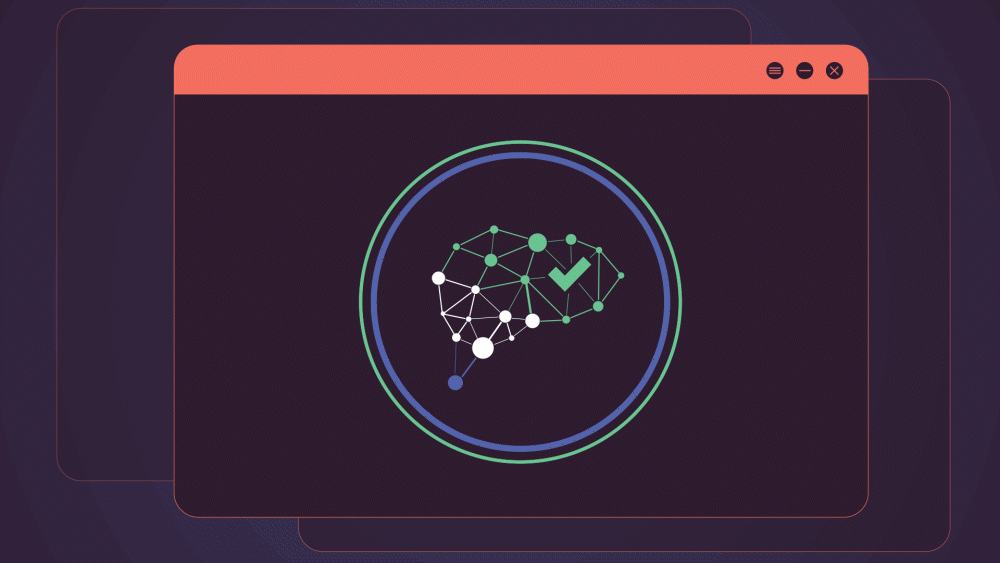
Navigating the risk of intelligence failure

In the pursuit of truth and justice, investigations and intelligence operations are driven by noble intentions. However, numerous obstacles often stand in the way, resulting in critical gaps in intelligence and missed opportunities for prevention.
Intelligence failure refers to situations where intelligence agencies or organisations are unable to gather, analyse, or interpret information accurately or promptly. Intelligence failures can have significant repercussions, ranging from missed opportunities to prevent threats or crimes to the misallocation of resources or even catastrophic events like terrorist attacks.
So, what factors are behind the risk of intelligence failure?
Challenges in data collection
Collecting accurate and comprehensive data poses a significant challenge for investigators. Limited skills, resource constraints, inadequate training, and outdated software hinder the process, resulting in a fragmented intelligence picture.
Additionally, the sheer volume of information in the digital age can lead to analytical overload, making it challenging to sift through data effectively.
Communication breakdowns
Communication breakdowns between teams and agencies exacerbate intelligence gaps. Outdated IT systems and incompatible technologies impede the seamless integration of intelligence tools.
Additionally, office cultures that foster secrecy and hinder transparency pose additional barriers to effective intelligence gathering.
Risk management and workload challenges
As workloads increase, the risk of errors and oversights also rises, further compromising outcomes. Effective risk management is crucial in navigating these challenges.
However, inaccurate assessments can lead to flawed decisions and misallocation of resources.
Ethical complexities and cognitive bias
The ethical dimension of investigation introduces further complexities. Human investigators, prone to error and bias, must navigate sensitive information and delicate operations with limited support and training. Cognitive biases can cloud judgment, influencing decision-making and skewing interpretations of information.

Collaboration fuelled by technology
In the quest to minimise the risk of intelligence failure, a comprehensive strategy is vital. Collaboration among agencies is required, underpinned by technological advancement and a shared dedication to information exchange.
Clue offers a transformative solution for intelligence gathering. Our software allows you to consolidate data from a multitude of sources -webforms, API-linked databases, manual inputs, and law enforcement channels – to create a unified and transparent source of information.
From robust search capabilities and Watchlist alerting to automated record connections, Clue helps you establish a comprehensive and proactive picture of your intelligence. Visualise connections, log findings and generate graded intelligence reports — all in service of informed decision-making and seamless information sharing.
If you’d like to learn more about how Clue can help you reduce the risk of intelligence, book a consultation with us today to discuss your team’s challenges.
Related Resources
